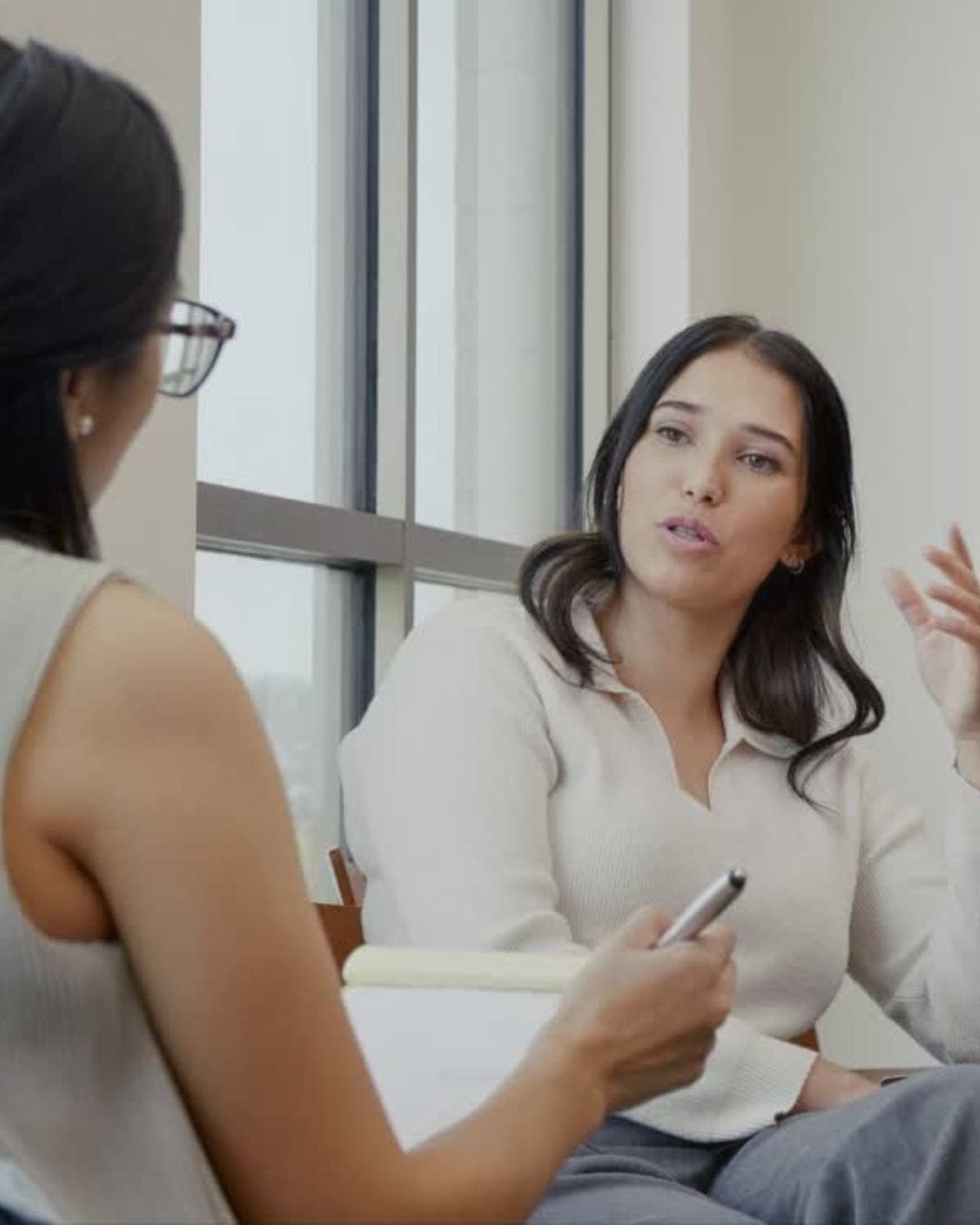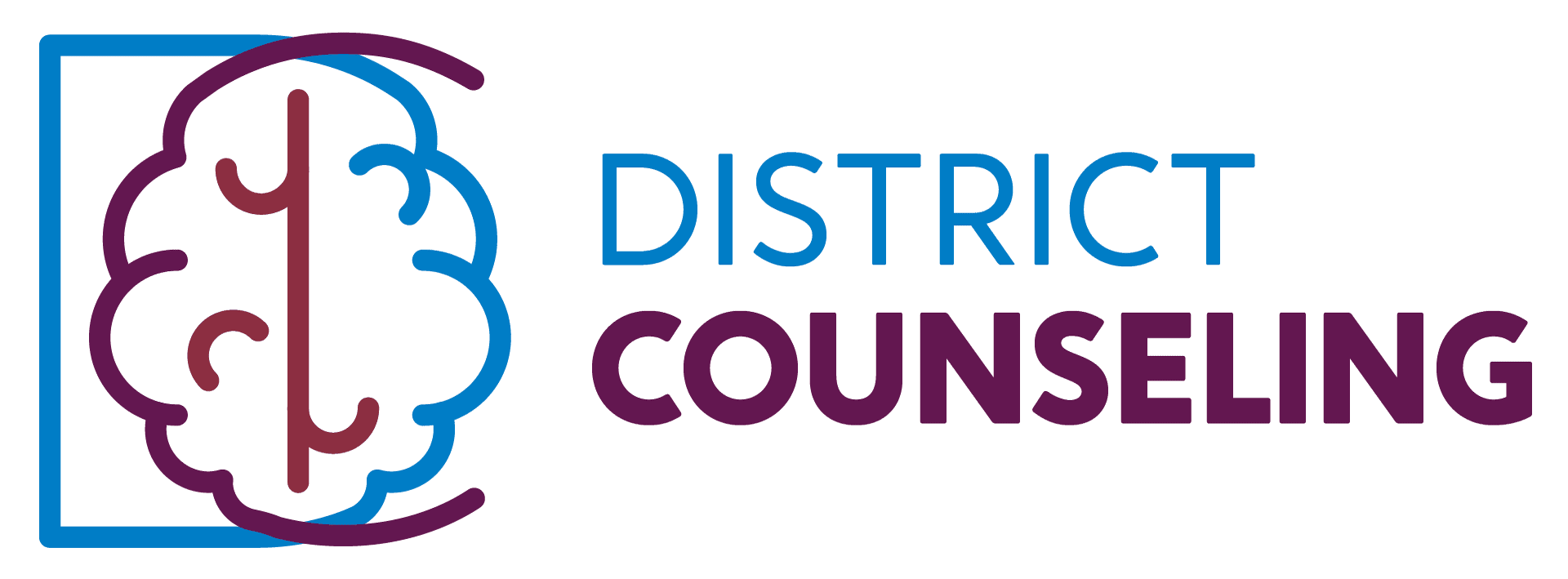The world feels smaller every day. Twenty-four-hour news cycles and the constant stream of social media updates bring global events directly into our lives, often with jarring intensity. Today, as headlines mark the second anniversary of the October 7th attack in Israel, we are reminded of how profoundly distant events can impact our sense of safety and emotional well-being. For many, this anniversary isn’t just a news report; it’s a somber occasion that can reawaken feelings of grief, anxiety, and helplessness.
Watching memorials for the deceased, hearing stories of hostages still in captivity, and seeing a nation grappling with deep divisions can create a powerful emotional ripple effect. This is known as collective trauma—a psychological response shared by a group of people, or even an entire society, following a devastating event. You don’t have to be directly involved to feel the aftershocks. If you find yourself feeling on edge, deeply saddened, or anxious about the state of the world, know that you are not alone. Your feelings are a valid human response to witnessing tragedy.
Here in Texas, thousands of miles away, it’s important to acknowledge how these global events can permeate our daily lives and mental health. For those with personal connections to the region, the pain is direct and acute. For others, it can heighten a generalized sense of anxiety about global instability and personal security. This is where understanding our psychological responses and developing healthy coping strategies becomes essential.
Understanding Vicarious Trauma and Anxiety
It’s easy to feel a sense of powerlessness when confronted with large-scale tragedies. This can lead to what psychologists call vicarious or secondary trauma, where individuals experience trauma symptoms from indirect exposure to an event. Symptoms can include:
- Heightened Anxiety: A persistent feeling of worry or dread that is difficult to control.
- Intrusive Thoughts: Unwanted images or thoughts related to the traumatic event.
- Emotional Numbness: Feeling detached from yourself and others as a protective mechanism.
- Hypervigilance: A state of increased alertness, feeling constantly on guard for potential danger.
- Profound Sadness or Grief: Mourning the loss of life and the shattering of peace.
These feelings are often amplified by the endless loop of news coverage. While staying informed is important, constant exposure can saturate our minds with distressing information, keeping our nervous systems in a perpetual state of high alert. This is why learning to manage our media consumption is a critical first step in protecting our mental health.
Actionable Strategies for Coping and Building Resilience
While we cannot control world events, we can control how we respond to them. Building resilience is about developing the capacity to navigate and recover from adversity. Here are some practical strategies to help you cope with the emotional weight of unsettling news:
- 1. Mindful Media Consumption: Instead of staying plugged into the news 24/7, schedule specific, limited times to check for updates. Choose one or two reliable sources to avoid the sensationalism and conflicting reports that fuel anxiety. Consider turning off news alerts on your phone to create mental space and reduce the feeling of being constantly bombarded.
- 2. Focus on What You Can Control: Anxiety often stems from a feeling of powerlessness. Counteract this by focusing on your immediate environment and actions. This could be as simple as sticking to your daily routine, organizing a room in your home, or engaging in a hobby you enjoy. Small acts of agency can restore a sense of stability and purpose. You can also channel your feelings into positive action, such as donating to a humanitarian cause, participating in community-building activities, or simply offering support to a friend who is struggling.
- 3. Practice Grounding Techniques:When you feel overwhelmed by anxiety or intrusive thoughts, grounding techniques can help bring you back to the present moment. The “5-4-3-2-1” method is highly effective:
- 5: Acknowledge FIVE things you see around you.
- 4: Acknowledge FOUR things you can touch.
- 3: Acknowledge THREE things you can hear.
- 2: Acknowledge TWO things you can smell.
- 1: Acknowledge ONE thing you can taste.
This sensory exercise anchors you in your current reality, interrupting the cycle of anxious thoughts.
- 4. Lean on Your Community: Connection is a powerful antidote to feelings of isolation and despair. Talk about your feelings with trusted friends, family, or community members. Sharing your experience can validate your emotions and remind you that you are not carrying this burden alone. In times of collective pain, communal strength is more important than ever.
When to Seek Professional Support
Coping strategies are incredibly valuable, but sometimes the weight is too heavy to carry on your own. If your anxiety, sadness, or stress is interfering with your daily life, work, or relationships, it may be time to seek professional help. A qualified mental health professional can provide a safe, confidential space to process your feelings and develop personalized strategies for managing them.
For those in our community, finding the right support is a crucial step toward healing. Whether you are looking for **counseling in Texas** to talk through your anxieties or seeking a **therapist in Houston** to develop long-term coping skills, professional guidance can make a significant difference. In some cases, persistent symptoms may benefit from a medical evaluation. A specialist in **psychiatry in Houston** can assess whether medication might be a helpful component of your treatment plan. Finding a trusted **psychiatrist in Texas** is a proactive step in caring for your overall well-being.
The echoes of trauma can be long and profound, but they do not have to define your mental landscape. By acknowledging the impact of world events, practicing intentional self-care, and knowing when to reach out for help, you can navigate these challenging times with strength and resilience.
If you are struggling to cope with the weight of the world, we are here to help. Contact our practice today to connect with a compassionate professional who can support you on your journey to mental wellness.

Arely Ambriz
December 23, 2025
The Great 2025 Workplace Reset: Are New Mental Health Benefits Enough?
Ready to kick off your new beginning? Learn how to overcome mental blocks, take the first step, and build your support team to turn ambition into a winning season...

Arely Ambriz
December 22, 2025
Your Championship Season: How to Kick-Off Your Own New Beginning
Ready to kick off your new beginning? Learn how to overcome mental blocks, take the first step, and build your support team to turn ambition into a winning season...

Development Funnel Boost Media
December 22, 2025
Signs You May Need Counseling (Even If You’re “Functioning”) in Austin, TX
Many people believe therapy is only for those in crisis. In reality, some of the people who benefit most from counseling are those who appear to be “doing fine” on...

Arely Ambriz
December 19, 2025
Is Your Personal “Credit Rating” at Risk? How to Rebalance Your Life’s Budget
Feeling anxious about world events? Learn how to navigate stress in your relationship with our Q&A. Discover practical communication tips to turn shared anxiety into genuine connection and support for...

Arely Ambriz
December 18, 2025
Beyond the Headlines: Are We Really Talking to the People We Love?
Feeling anxious about world events? Learn how to navigate stress in your relationship with our Q&A. Discover practical communication tips to turn shared anxiety into genuine connection and support for...

Arely Ambriz
December 17, 2025
That ‘Someone’s Watching’ Feeling: Navigating Mid-Week Anxiety in a High-Alert World
Feeling overwhelmed by work stress and digital anxiety? Learn how to manage mid-week slumps and protect your mental well-being in a fast-paced world. Explore actionable coping mechanisms to regain control....

Arely Ambriz
December 16, 2025
The Innovation Anxiety: Is Your Company’s ‘Next Big Thing’ Stressing You Out?
Navigate workplace change with confidence. Learn how to manage anxiety, build resilience, and adapt to evolving roles with actionable strategies and support....

Arely Ambriz
December 15, 2025
From the Racetrack to a Festival of Lights: Fueling Your Own New Beginning This Monday
Discover the lessons of Hanukkah in overcoming challenges and starting anew. Explore small steps to achieve your goals and find support with compassionate psychiatry and counseling in Texas....

Arely Ambriz
December 12, 2025
The Outrage Machine and Your Off Switch: Why ‘Ragebait’ is Sabotaging Your Weekends
Learn three actionable strategies to reclaim your weekends from stress and ragebait. Protect your mental health with intentional habits and digital boundaries....

Arely Ambriz
December 11, 2025
When the Ground Shifts: Rebuilding Communication When Your Relationship Feels Like a Disaster Zone
Learn how to rebuild communication and strengthen relationships with practical tips for managing conflict, navigating emotions, and creating a solid foundation for connection....

